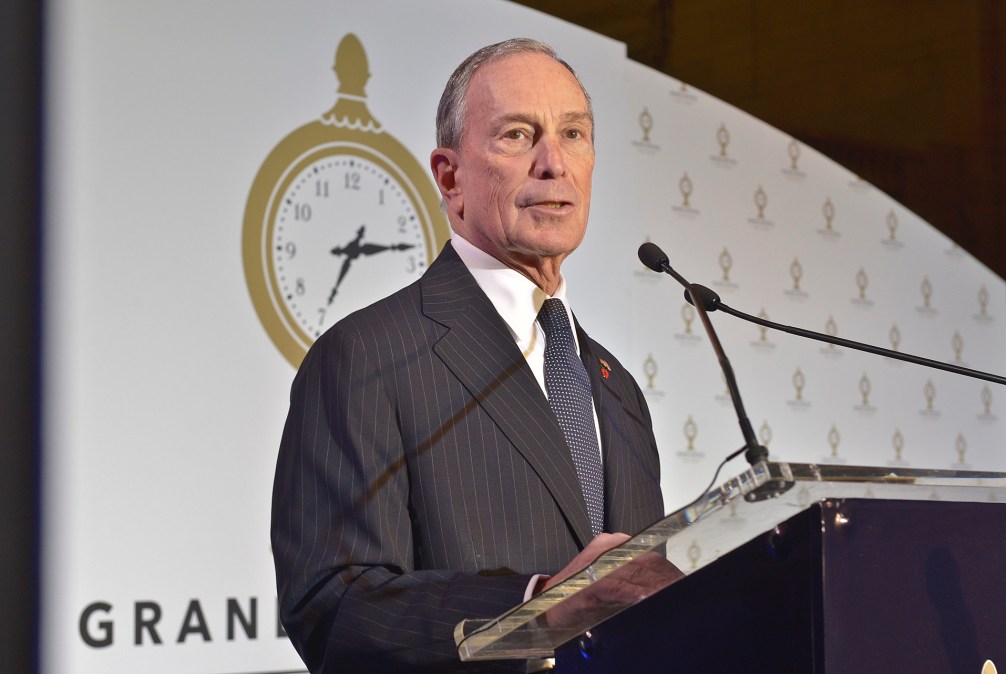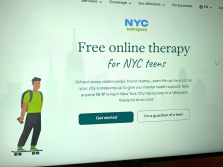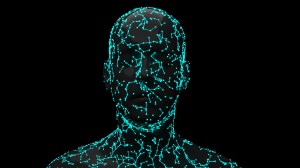Bloomberg proposes national ‘311’ network for digital services

Democratic presidential candidate Michael Bloomberg announced Monday a plan to create a nationwide “311” system to categorize and more rapidly deliver the federal government’s digital services.
The plan would connect the existing 311 systems in each of America’s biggest cities with a national network that residents could text, call, email or tweet at to request information or services around the clock. The Bloomberg campaign said the national hotline would be modeled after the 311 service developed in New York City during his 12 years as mayor.
According to Bloomberg’s website, developing the network would require the federal government to deliver “private-sector level” customer service within the 20 highest-priority services that the federal government offers, with citizens able to track the status of their requests through a “central hub” online.
As mayor, Bloomberg implemented a 311 service in 2003 that allows New Yorkers to report all kinds of inconveniences, including potholes, noise, double parking, public urination, disorderly youths and obstructed signs. Over the years, NYC311 evolved from a mere telephone hotline to being capable of taking requests via text message and social media. The city also eventually added a mobile app that allows users to connect with various city services.
Modern 311 systems now typically combine user-submitted photos and descriptions and geographic information systems data to help city officials find and fix these inconveniences They’ve also been a staple of “smart-city” agendas that Bloomberg himself has helped grow through his philanthropic foundation.
Because virtually all 311 services are built to provide services locally, however, the Bloomberg campaign said his proposal would both include the technology to create 311 lines in rural or low-income communities that presently lack them and serve as a routing agent for callers in those areas.
“The 311 service we launched helped millions of residents get connected quickly and easily to important services and information — including updates during storms and information on where to get help on a broad range of issues, from quitting smoking to starting a small business,” Bloomberg said in a press release. “At a time when Americans are growing increasingly alarmed about the coronavirus, the importance of providing the public with answers to their questions cannot be overstated.”






